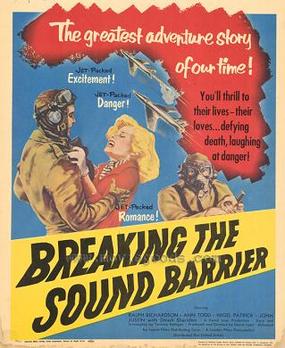Case wrote:Chris Peterson wrote:The more we learn, the more we realize that the Universe is fundamentally simple and easy to understand. I think that within a century or two there will be no more science- we will totally understand the laws of physics, and fully know how things work. Scientific knowledge will be complete.
That's a bold statement.
While many discoveries, scientific theories and new laws of physics extend our current understanding of the Universe, it also seems like every new discovery brings about at least a tenfold of new questions and weird results that defy current understandings. Do you see a convergence to completeness that makes the the new unknowns easier to solve than previous ones and/or less important and/or fewer of them in the future?
I don't see each new discovery bringing new questions... at least, not new
fundamental questions. More like details that need to be filled in. And yes, there is a kind of convergence, in that the rate of knowledge accumulation is increasing- loosely, I'd describe it as exponential. I think we now have an accurate broad understanding of nearly everything, and a deep understanding of much.
When you say "scientific knowledge will be complete", is that referring to the Grand Unified Theory?
Assuming there is one, then yes.
Kind of depressing to think that there will be a time, not too far from today, when many theoretical physicists will be out of a job because there's little left to do for them.
I don't think it's sad. All that will happen is a shift from figuring out the basic laws to figuring out how they apply to what we see, and how we can use them. Those things are every bit as intellectually challenging and creative.
